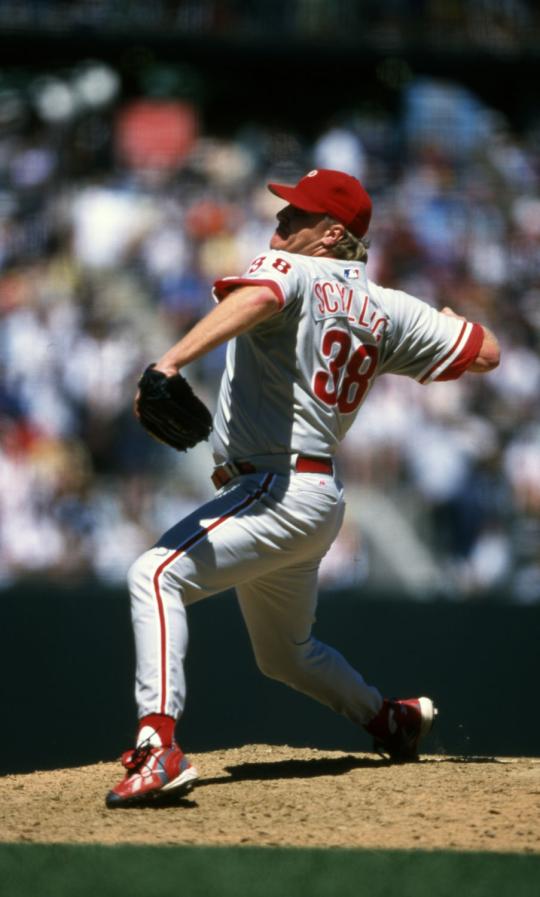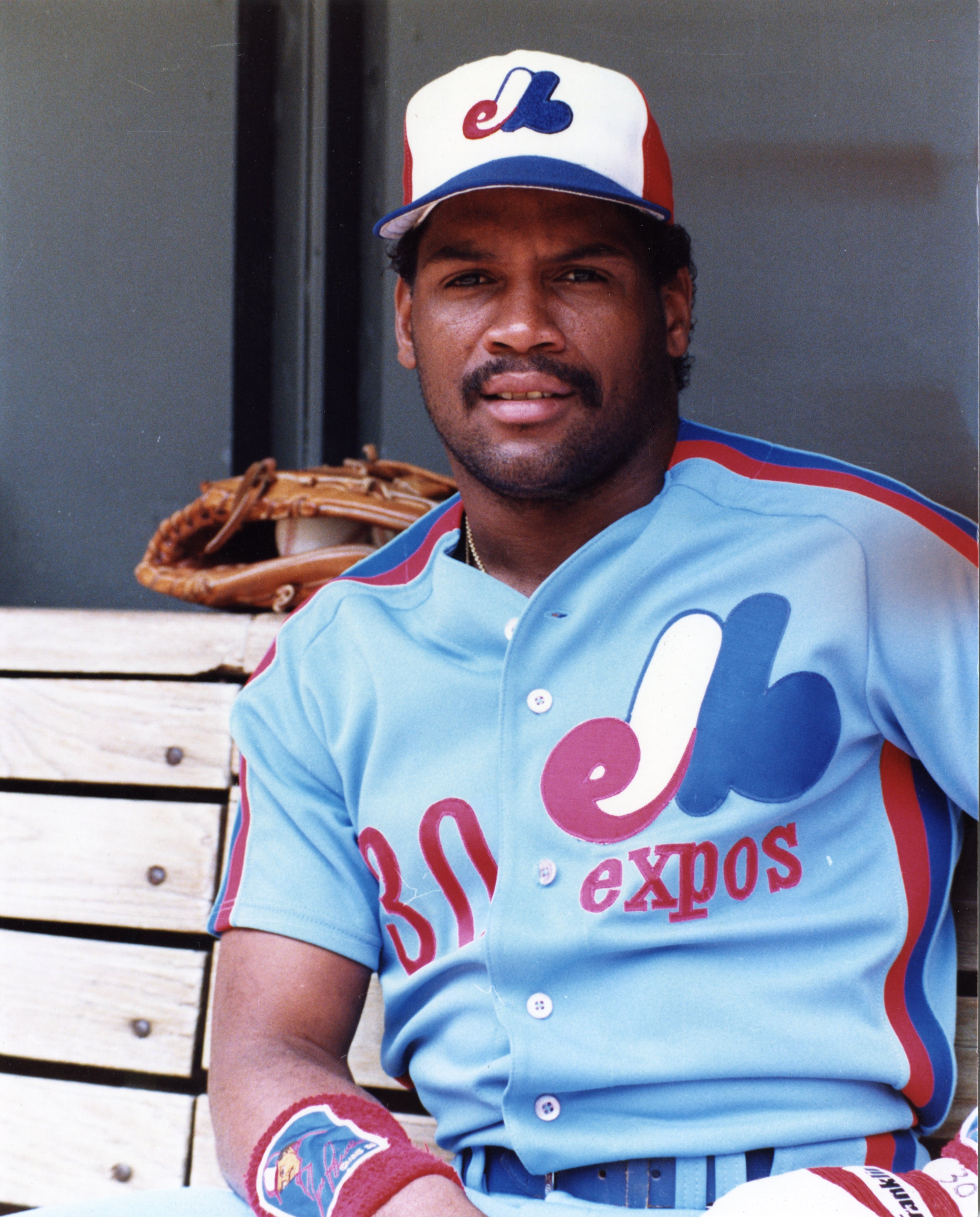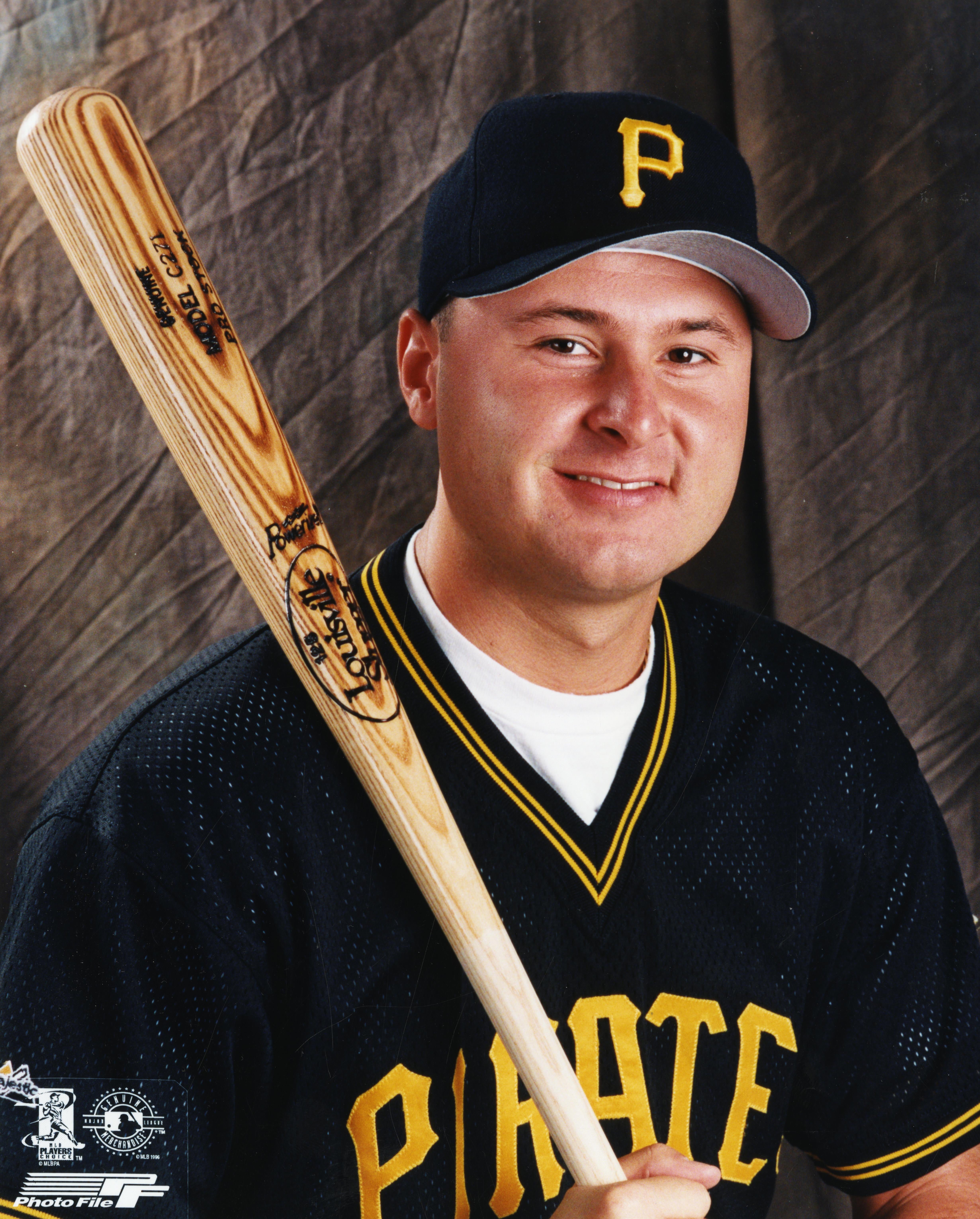Curt Schilling returns to Hall of Fame ballot
Bio
Born Nov. 14, 1966 in Anchorage, Alaska, Schilling went to high school in Arizona and attended college there before being taken in the second round of the January MLB Draft by the Red Sox in 1986. On July 29, 1988, Schilling – still a minor leaguer – and Brady Anderson were traded to the Orioles in a deadline deal for All-Star starting pitcher Mike Boddicker.
Schilling surfaced with the Orioles later that summer, debuting in the big leagues on Sept. 7. After another cup of coffee in 1989, Schilling made 35 appearances out of the Orioles’ bullpen in 1990, then was shipped to the Astros with Steve Finley and Pete Harnisch prior to the 1991 season for Glenn Davis.
After one year in Houston’s bullpen, Schilling was traded to the Phillies for Jason Grimsley on April 2, 1992. Finally finding a home, Schilling was 14-11 that year with a 2.35 ERA. The next season, Schilling went 16-7 to lead the Phillies to the World Series – winning the NLCS MVP Award along the way. Philadelphia lost to the Blue Jays in six games in the Fall Classic despite Schilling’s complete-game, five-hitter in Game 5.
Schilling battled injuries in both 1994 and 1995, undergoing rotator cuff surgery before coming back midway through the 1996 season. The next year, Schilling finished fourth in the National League Cy Young Award voting, going 17-11 with 319 strikeouts. He struck out 300 more batters in 1998, but by the middle of the 2000 season was nearing the end of his contract. The Phillies capitalized on his value by dealing him to the Diamondbacks on July 26, 2000 for four prospects.




